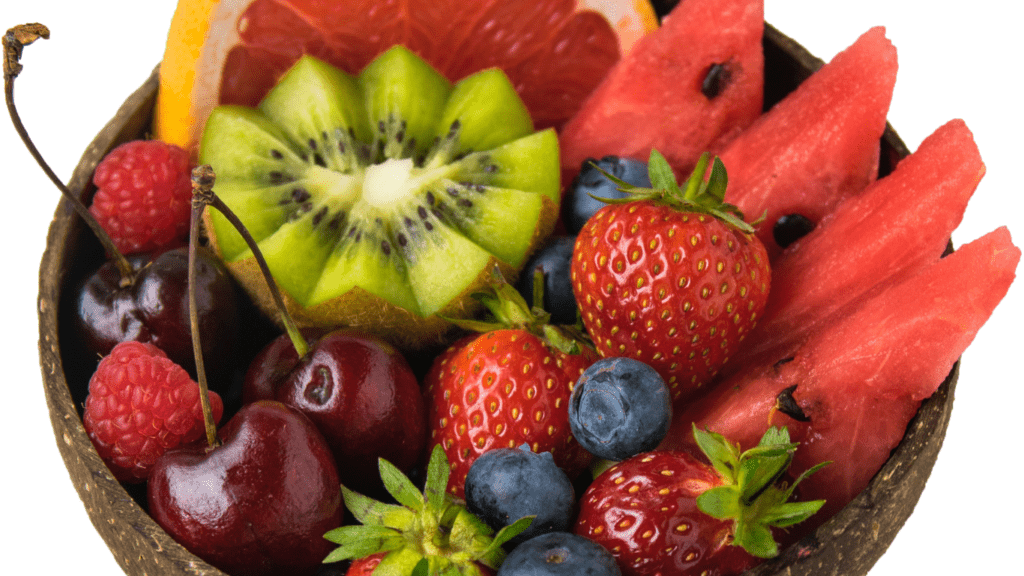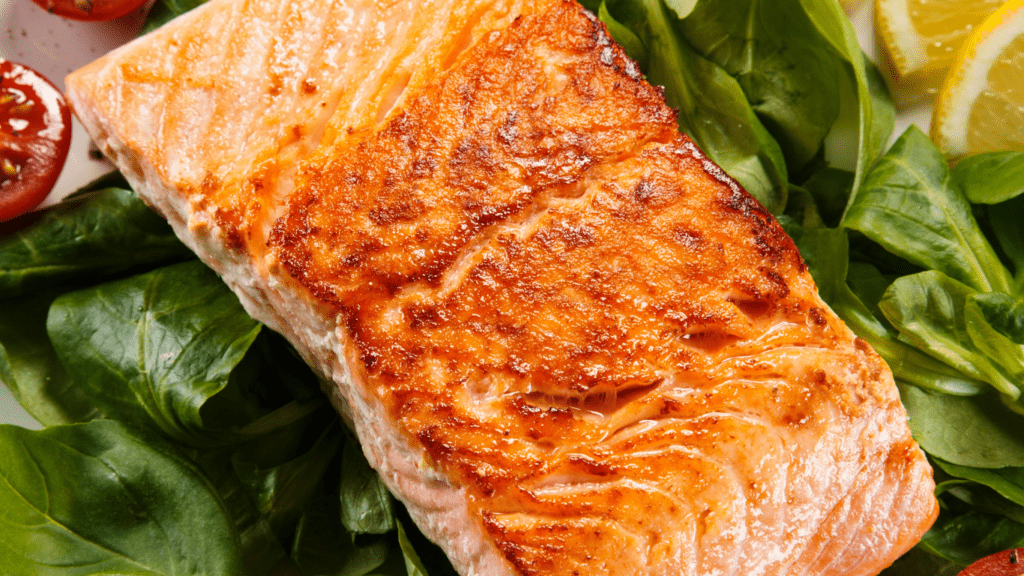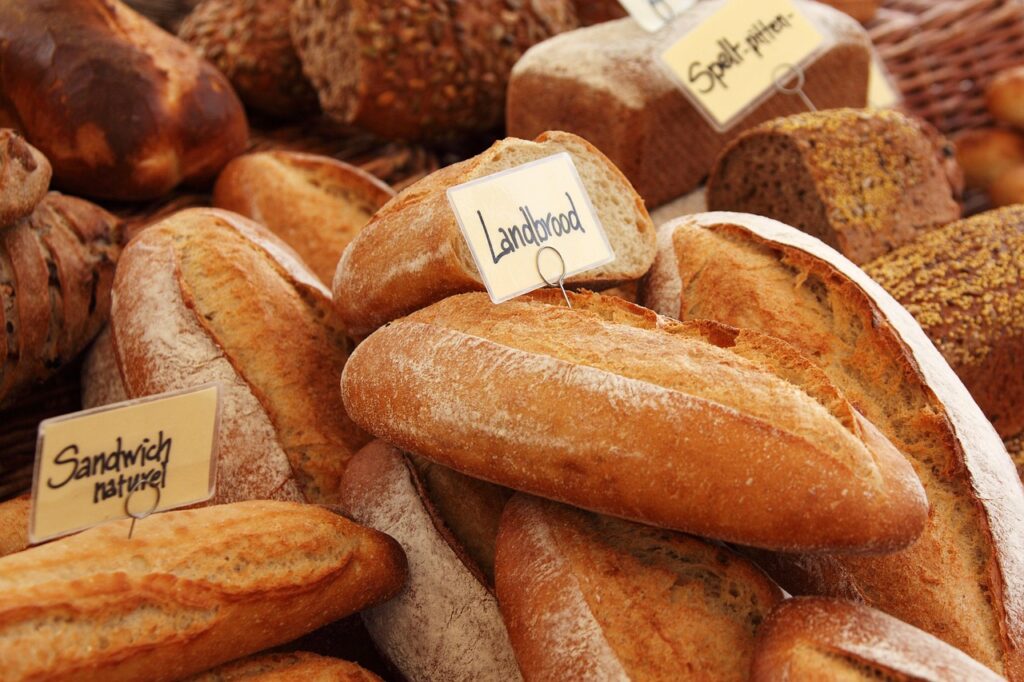Understanding Superfoods for Pets
Incorporating superfoods into pets’ diets ensures they receive essential nutrients. I’ll explain what makes a food “super” and how it benefits your pet’s health.
The Concept of Superfoods
Superfoods are nutrient-rich foods that offer significant health benefits. These foods contain high levels of vitamins, minerals, antioxidants, and other essential nutrients.
For pets, superfoods can come from natural sources like fruits, vegetables, and certain proteins.
- Fruits: Blueberries, apples, and bananas are rich in vitamins and antioxidants.
- Vegetables: Sweet potatoes, carrots, and kale provide valuable vitamins and fiber.
- Proteins: Fish, chicken liver, and eggs are excellent sources of protein and essential fatty acids.
Understanding the specific nutrients each superfood provides helps tailor your pet’s diet to their individual needs.
Benefits for Your Pet’s Health
Superfoods offer numerous health benefits, improving your pet’s overall well-being.
Specific benefits include:
- Improved Immunity: Superfoods like blueberries and spinach boost the immune system due to their high antioxidant levels.
- Better Digestion: Fiber-rich foods like sweet potatoes and carrots promote healthy digestion and prevent gastrointestinal issues.
- Healthy Skin and Coat: Omega-3 fatty acids from fish and flaxseed enhance skin and coat health, reducing dryness and shedding.
- Increased Energy Levels: Superfoods provide sustained energy, keeping pets active and alert throughout the day.
Incorporating these superfoods into your pet’s diet maximizes their health benefits and supports long-term well-being.
Key Superfoods to Include in Your Pet’s Diet

Incorporating superfoods can significantly bolster your pet’s health. Here are several key superfoods, categorized by their types.
Fruits and Vegetables
Fruits and vegetables like blueberries, spinach, and carrots are excellent for pets. Blueberries offer antioxidants, vitamin C, and fiber, supporting immune function and digestion.
Spinach contains iron, vitamin K, and folate, enhancing your pet’s blood health. Carrots, rich in beta-carotene and fiber, improve vision and digestion. Always ensure fruits like grapes and raisins, toxic to pets, are avoided.
Lean Proteins and Fish
Lean proteins and fish support muscle growth and joint health. Chicken breast is a prime source of lean protein, promoting muscle development.
Salmon provides omega-3 fatty acids, boosting coat health and reducing inflammation. Turkey is another lean protein that helps maintain muscle mass. Avoid fish high in mercury like mackerel or raw fish to prevent health issues.
Grains and Seeds
Grains and seeds like quinoa, brown rice, and flaxseeds offer essential nutrients. Quinoa is a complete protein, delivering all amino acids necessary for muscle repair.
Brown rice provides fiber and manganese, aiding digestion and energy production. Flaxseeds are rich in omega-3 fatty acids and fiber, improving coat health and supporting digestion. Avoid grains that pets might be allergic to, such as wheat or corn.
By incorporating these superfoods, pet owners can optimize their pets’ diets for better health and longevity.
Preparing Superfoods for Your Pets
Incorporating superfoods into your pets’ diet isn’t tricky, but it requires some care. Understanding safe preparation practices and having recipes can simplify this process.
Safe Preparation Practices
Safe preparation practices ensure pets receive the maximum benefits from superfoods. Always wash fruits and vegetables to remove pesticides and dirt.
Chop ingredients into bite-sized pieces to avoid choking hazards. Cook lean proteins like chicken and fish thoroughly to kill harmful bacteria. When dealing with grains like quinoa, rinse them before cooking to remove saponins. Avoid adding spices, salt, or sugar as they can be harmful to pets.
Recipes and Ideas for Incorporating Superfoods
Simple recipes can help integrate superfoods into daily meals. Mix pumpkin puree with dry kibble for added fiber and vitamins. Combine cooked salmon with rice and peas for a nutrient-rich dinner.
Blend blueberries and spinach into a pet-safe smoothie as a refreshing snack. Add flaxseed powder to homemade pet treats for a boost of omega-3 fatty acids. Create a quinoa and chicken breast salad with steamed vegetables for a balanced meal.
Potential Risks and Considerations
While superfoods offer numerous benefits, there are potential risks and considerations to keep in mind when adding them to pets’ diets.
When Superfoods Can Harm
Certain superfoods may harm pets if not introduced properly. Chocolate, avocado, onions, and garlic are toxic. Even nutritious foods like nuts pose choking hazards or cause digestive issues.
Some grains and fish high in mercury can adversely impact health. It’s essential to research each superfood and monitor pets for any adverse reactions.
Watching for Allergic Reactions
Pets can develop allergies to various superfoods. Common allergens include chicken, beef, dairy, and certain grains. If a pet exhibits symptoms like itching, swelling, vomiting, or diarrhea, remove the suspected allergen immediately. Consult a veterinarian for allergy testing and guidance on safe dietary choices.


